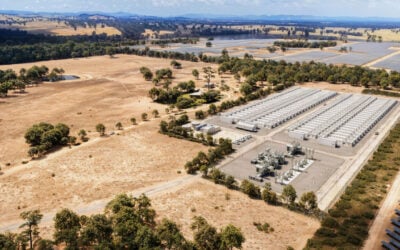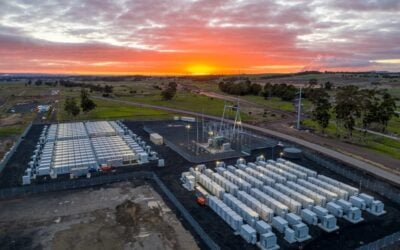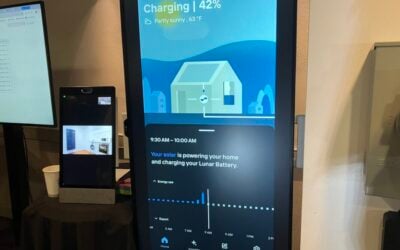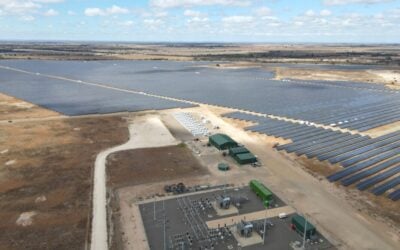Bosch claims it has developed an energy management system for optimising electrical and thermal energy consumption from solar power systems, which the company will launch at this year’s Intersolar exhibition and conference.
Bosch refers to the new product as an “intelligent networked solution” which it will launch through subsidiary Bosch Power Tec. It can combine the use of photovoltaic arrays with a heat pump, with the whole network controlled by a Bosch e.Control control unit. The solution is aimed at residential users.
According to Bosch this means that if there is sufficient solar irradiation, electricity generated by the PV system can drive the heat pump, while the system can “considerably increase” how much on-site generated power can be used. The systems can also be combined with energy storage as a further option to maximise self-consumption.
The e.Control unit connects to the householder’s electricity meter, monitoring energy use around the home. Bosch claims the system prioritises the energy needs of whoever is occupying the house and running appliances, after which it can heat up the household’s hot water tank via the heat pump. The company says this means the amount of solar-generated electricity sold back to the grid at low tariffs is minimised, with as much power as possible used on site. Bosch also claims this means the burden on the public grid network is reduced.
Try Premium for just $1
- Full premium access for the first month at only $1
- Converts to an annual rate after 30 days unless cancelled
- Cancel anytime during the trial period
Premium Benefits
- Expert industry analysis and interviews
- Digital access to PV Tech Power journal
- Exclusive event discounts
Or get the full Premium subscription right away
Or continue reading this article for free
Combining the ‘network solution’ with Bosch’s own hybrid solar storage product BPT-S 5 means that the heat pump can be run from electricity stored in the BPT-S 5’s lithium-ion battery. By running excess power into the household hot water storage tank, the overall energy storage capacity of the system can be increased.
At the beginning of March, Bosch announced that Bosch Power Tec had joined research project Sol-ion+, along with three other private companies and four research institutions. The project is sponsored by Germany’s Federal Ministry for the Environment, Nature Conservation, Building and Nuclear Safety. The first phase of Sol-ion+ will run until the beginning of 2018 and will be concerned with developing storage systems suitable for the consumer sector.
Bosch claims that using a BPT-S 5 Hybrid storage system can increase the self-reliance of a normal four person household by 75%, even without use of a heat pump. This figure could rise to 100% during some portions of summer months.
Bosch claims that using a BPT-S 5 Hybrid storage system can increase the self-reliance of a normal four person household by 75%, even without use of a heat pump. Image: Bosch.





